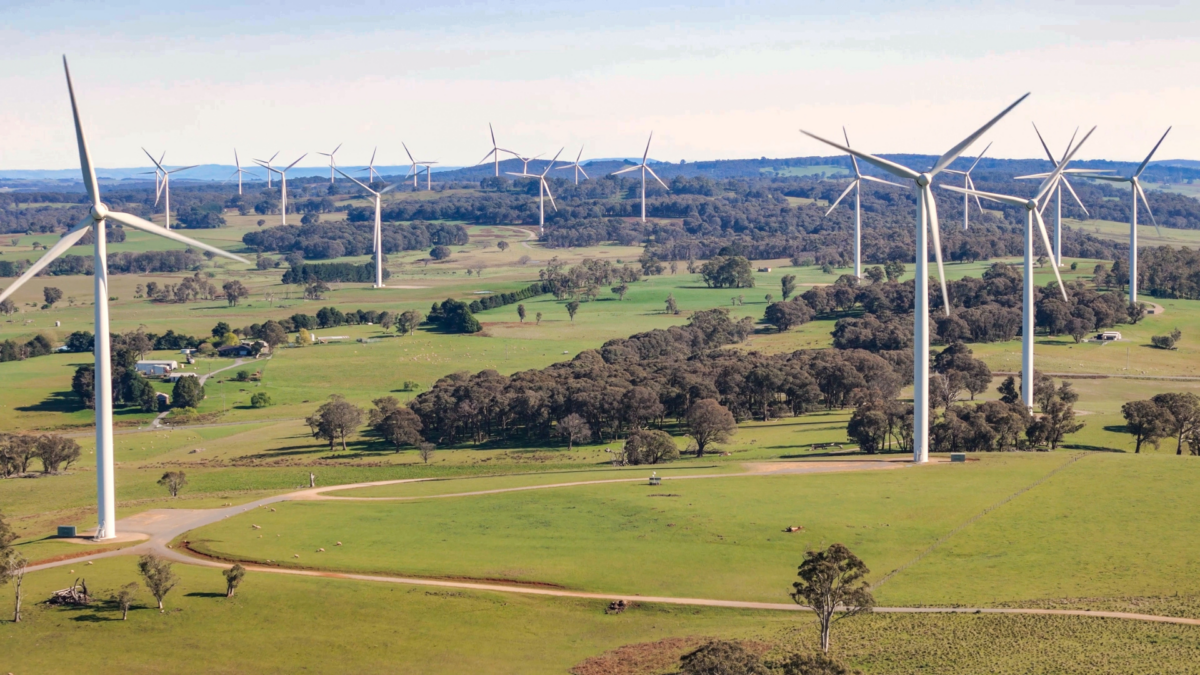Voters relegating climate change ‘reality check’ for renewables industry
Climate change was not an issue at the 2025 federal election – a harsh reality its committed advocates must accept, Yaron Finkelstein, a founding partner at Society Advisory and long-time Liberal Party adviser, told the 2025 Responsible Investment Association Australasia (RIAA) conference in Sydney.
“As much as this may have shocked some people, it wasn’t a climate change election. No doubt, there were some pockets in the country where voters were very interested in action on climate change, including Bradfield – the independent candidate for this north Sydney electorate, Nicolette Boele, was also on the panel – but it was not the case across the country.
“Poll after poll showed voters were most concerned about cost-of-living issues and housing at this election – and this is the challenge for climate change advocates, including those in the investment community.”
Finkelstein hastened to add that this was not an argument to do nothing on climate change. But the fact it was not a top-of-mind issue for voters must be accepted.
When coupled with the Trump presidency and its advocacy for fossil fuels and disdain for renewable energy, there was a degree of doom and gloom pervading the conference – especially with the world’s largest economy opting out of the transmission to renewable energy.
But the concern among speakers and delegates was not just restricted to the US. Boele, who has a background in finance and clean energy, told the conference that the incoming Queensland Liberal National Party Government had backed away from Labor’s commitment to renewable energy targets and was putting $1.5 billion into propping up the running of “very tired, inefficient” coal assets.
“Queensland Premier David Crisafulli is making it very clear his distaste for large wind farms, having just reversed approval of a 450-megawatt wind project that was backed by (the Canadian investment giant) Brookfield Asset Management – including storage – citing community concerns.
“It’s very tempting to suggest that there is a very strong Queensland Liberal National Party disdain against clean energy assets. This (wind farm) would have been a great asset that would have brought down the price of power and been great for Rockhampton as part of the Made in Australia strategy. I don ‘t know whether it’s part of the cultural wars, but we see it time and time again.”
While Boele gave Labor a tick for the 2022 Climate Change Act, she added that much of what the 47th Parliament did in relation to this critical issue was the “politically easy stuff” while straddling the fence on other issues such as backing offshore gas and overseeing the expansion of coal.
In a similar vein, Gordon Noble, a research director with the Institute for Sustainable Futures at the University of Technology Sydney, described Treasury’s Sustainable Finance Roadmap – it was released in June 2024 – as a missed opportunity.
“It was focused on several areas, with the idea being that there was going to be a sequence in terms of delivery. But I would suggest that the ambition was not as great as it could have been. I also think the urgency got lost, that there’s a lot of unfinished business just sitting there. And that’s limiting the ambition of the whole financial system,” he told delegates.
Finkelstein questioned whether making climate change a “moral issue” was the right strategy.
“I would have thought there’s a far better opportunity for it to be framed as a question of science and economics. That’s the way to persuade people.
“If it’s a morally framed argument, then those people who see it through this prism are onboard already.
“It’s a bit like the vaccine and COVID. Research and various behavioural studies showed that about 70 per cent of the population couldn’t wait to get vaccinated. They had their sleeves rolled up just itching to get jabbed. But another 20 per cent had their doubts and had to be persuaded.
“It’s a bit like that with climate change as not everyone is convinced that every action on it is balanced according to Maslow’s hierarchy of needs. These are the people who will be better reached with science and economics.”
Gordon lamented how public policy was hollowing out, a trait he said that afflicted all political parties.
“When you look back on the Hawke-Keating reform era, they greatly benefited from being able to draw on the Campbell inquiry and the framework it provided to pave the way for the deregulation of the financial markets. Then we had the Wallis and Murray inquiries.
“What I think we need now is another financial system inquiry where everyone can contribute their views, where the process can be transparent, because there are so many elements involved in transitioning our economy that are going to involve the financial system,” he said.











